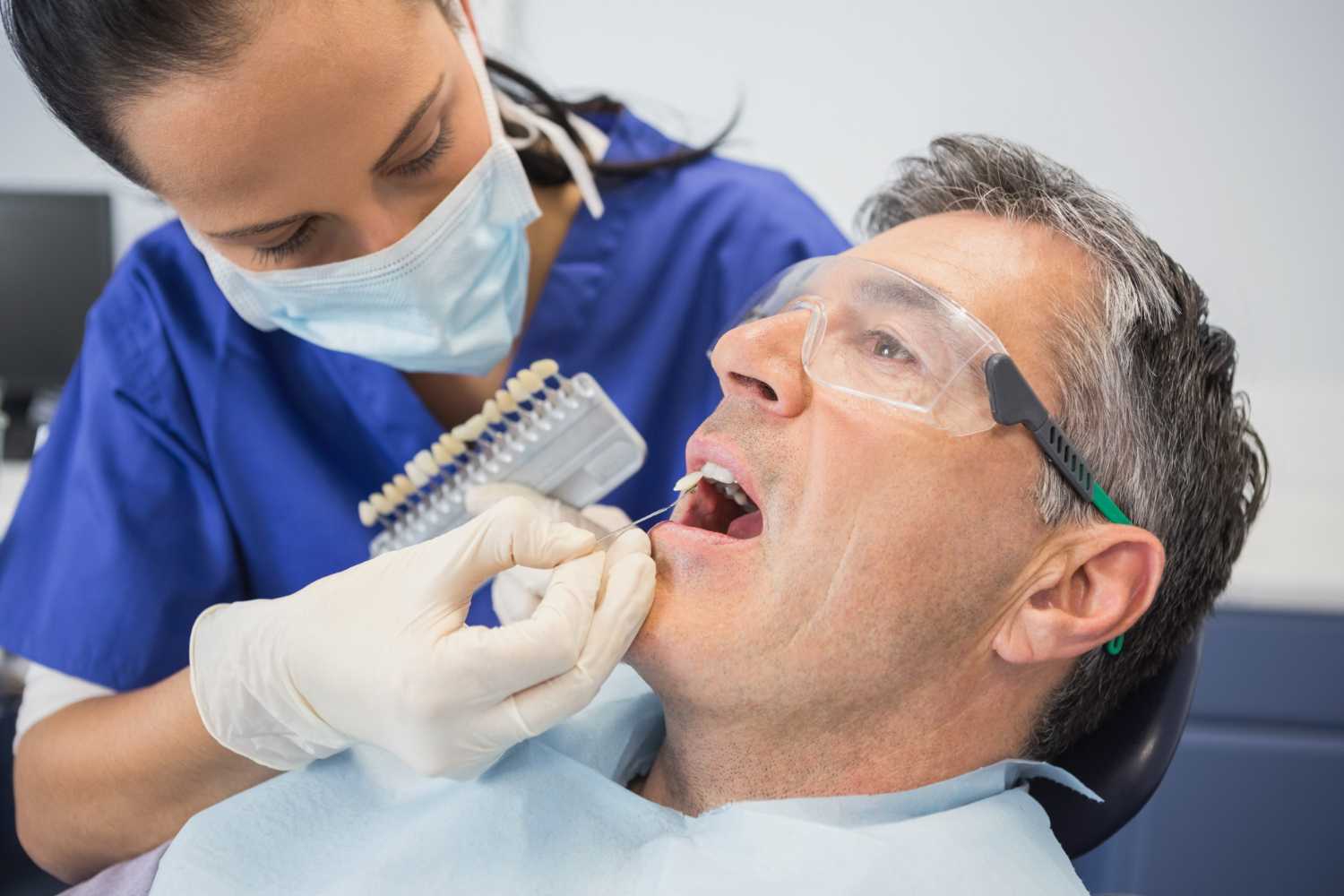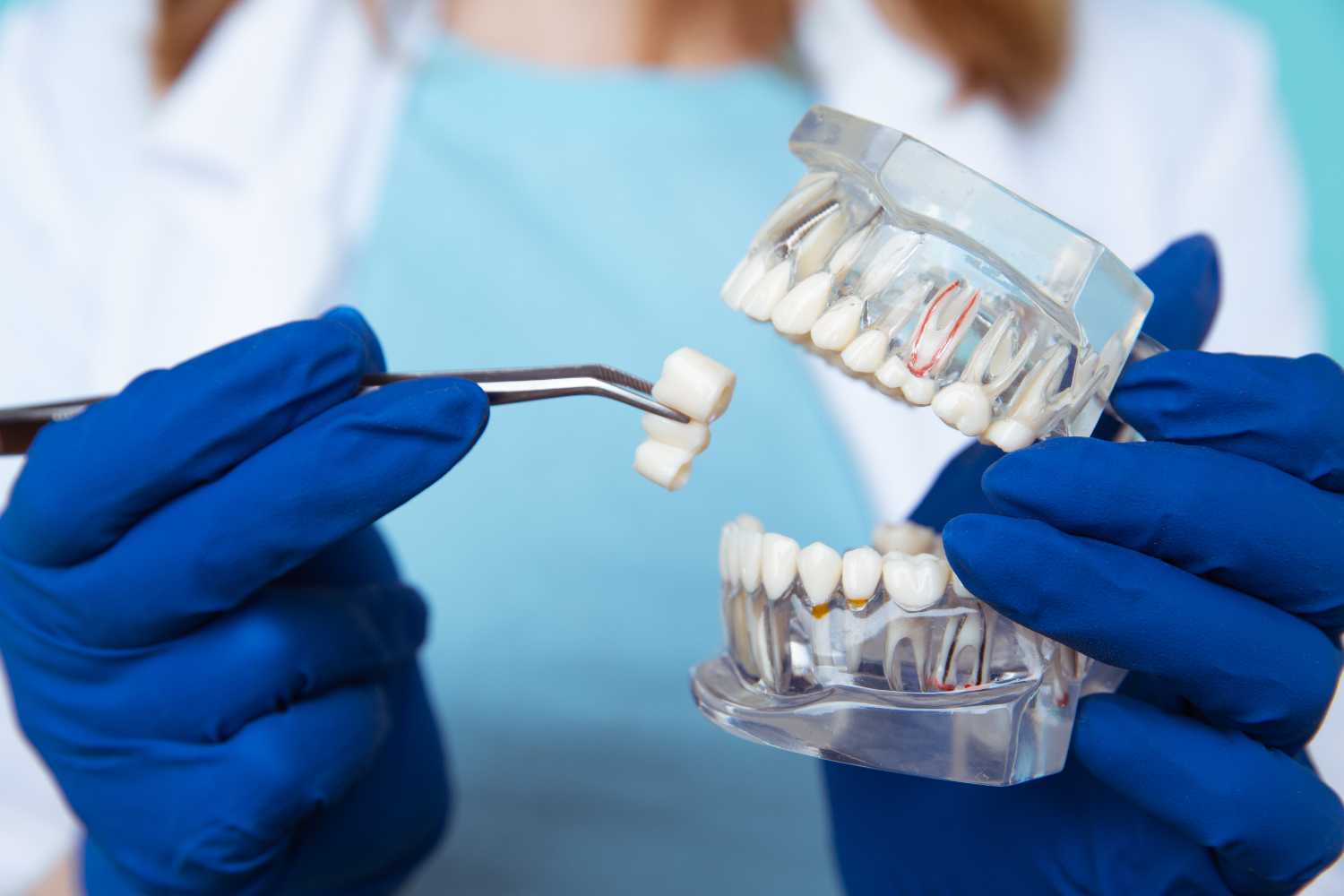Teeth are an important feature in every person’s face. A healthy set of teeth helps show off a beautiful smile and maintains overall good health. However, over time, some people lose their teeth, which tend to cause problems with chewing, speaking, and smiling. With modern dental advancements, getting them back, such as a tooth replacement and fusing with the jawbone through a surgical dental implantation, is possible.
Whether you want a tooth replacement or implantation of a temporary tooth, finding out what type of dental replacement suits you the most is essential. There are five recommendations for teeth replacement, including:
- Dental implant
- Fixed bridge
- Tooth-supported bridge
- Removable partial dentures
- Removable complete dentures
Let’s, explore the importance of tooth replacement and the pros and cons of surgical dental replacement.
Importance of Tooth Replacement
Tooth replacement can improve a patient’s quality of life and health. It can help with:
Speech: Missing teeth can make it difficult to pronounce words correctly, especially if you are missing front teeth. Dental implants can improve speech.
Chewing: It can restore your chewing ability as missing teeth can make it difficult to chew food, affecting your diet and digestive health.
Appearance: Missing teeth can cause emotional stress and a decline in self-esteem. However, you can regain your smile and chewing ability with the help of dental implant.
Bone Health: Missing teeth can impact jaw health and bone structure over time. As an alternative, a dental implant will help to regain the bone structure.
Oral Health: A dental implant plays a vital role in maintaining good oral health because when a tooth is lost, the balance of your dental structure is disturbed.
Headaches: When teeth shift to cover gaps, your jaw joint and surrounding muscles can’t fully relax, creating excessive tension and pressure.

Top Options for Teeth Replacement
Dental Implants
It is the most common and reliable technique for replacing teeth. Implanting a tooth through dental implantation looks and feels real, providing a permanent solution whether you need a single or multiple teeth replacement.
Process of Dental Implants:
The process of dental implantation involves:
- A dentist examines your jawbone density and oral tissues.
- Dentists replace your teeth roots with metal screws.
- After the screws are implanted, allow them to heal.
- Dental crown is placed on the healed implants to give them a real look.
Pros & Cons of Dental Implant:
Pros:
- Toot support: Teeth nearly regain support with dental implantation, increasing oral hygiene.
- Ease of Eating: A person can eat and taste everything easily without the hassle of replaced teeth moving out of place or uncomfortable dentures.
- Improvement in Confidence: You can regain your smile back with the help of dental implant, as these implanted teeth look like real teeth.
Cons:
- Healing Time: The implant takes too long to heal, which is essential before the crown and abutment are placed.
- Cost: This teeth replacement option charges much more than other options.
- Failure: In some rare cases, implant failure makes the teeth replacement risky.
Implants Crown and Bridges
These are implant-supported restorations used to replace missing or pulled-out teeth. Implant crowns are the best choice for replacing front or back missing teeth, and an implant-supported bridge is an excellent option for several lost teeth in a row.
Pros & Cons of Implants Crown and Bridges
Pros:
- Cost: Implants crown and bridges is a more cost-effective option than dental implants.
- Boost Confidence: They help restore your smile and confidence and allow you to eat everything without stress.
Cons:
- Tooth Alteration: There’s no doubt there’s no need for dental surgery for implant crowns and bridges, but tooth alteration is necessary.
- Bone Loss Potential: These bridges remain above the gum line and don’t address potential bone loss; which means bone loss from the missing teeth will continue to occur.

Tooth Supported Bridge
It uses the existing teeth to support a bridge instead of placing two implants into the teeth. In this process, the crown is placed on the next teeth of the missing one and cemented into place.
Pros & Cons of Tooth-Supported Bridge:
Pros:
- Affordable: It can be the most affordable option for multiple tooth replacement.
- Effective: In most cases, it has the same effectiveness as having single implants for each tooth.
Cons:
- Limited Use: It is only applicable for multiple tooth replacements in the same area.
- Failure Risk: The failure of each implant may cost more to replace the bridges of a single dental implant.
Removable Partial Dentures
In this process, dentists create your dentures, which allow you to regain your smile while preventing teeth from shifting, taking a basic teeth impression and sending it to the lab. It doesn’t require a prolonged procedure.
Pros & Cons of Removable Partial Dentures:
Pros:
- Cost: It is a cost-effective option as compared to other tooth replacement options.
- Tooth Retainment: You can save your recommended teeth for extraction and save them with a partial denture.
Cons:
- Must be Removed: They must be removed at night by placing them in a cleaning solution.
- Abutment Plaque: Denture-attached teeth sometimes suffer from more plaque accumulation. It is essential to clean those areas completely as a lost abutment will require a new denture.
Removable Complete Dentures
If a person loses all of his teeth, and there are no more teeth left where the dental implant is out of the question, full dentures will act as an abutment.
Pros & Cons of Removable Complete Dentures:
Pros:
- Works for Everyone: Because of their versatile nature, they will work for everyone.
- Look Good: Full dentures look like a real set of teeth, so you can confidently smile.
- Maintenance: They do not need proper maintenance for long-term use.
Cons:
- Move: They can move out of place and require adhesive for proper attachment.
- Removed: They must be removed at night for cleaning purposes but returned after waking up.
- Replacement: Your dentures may need to be replaced according to the food you eat, as they will wear down.
